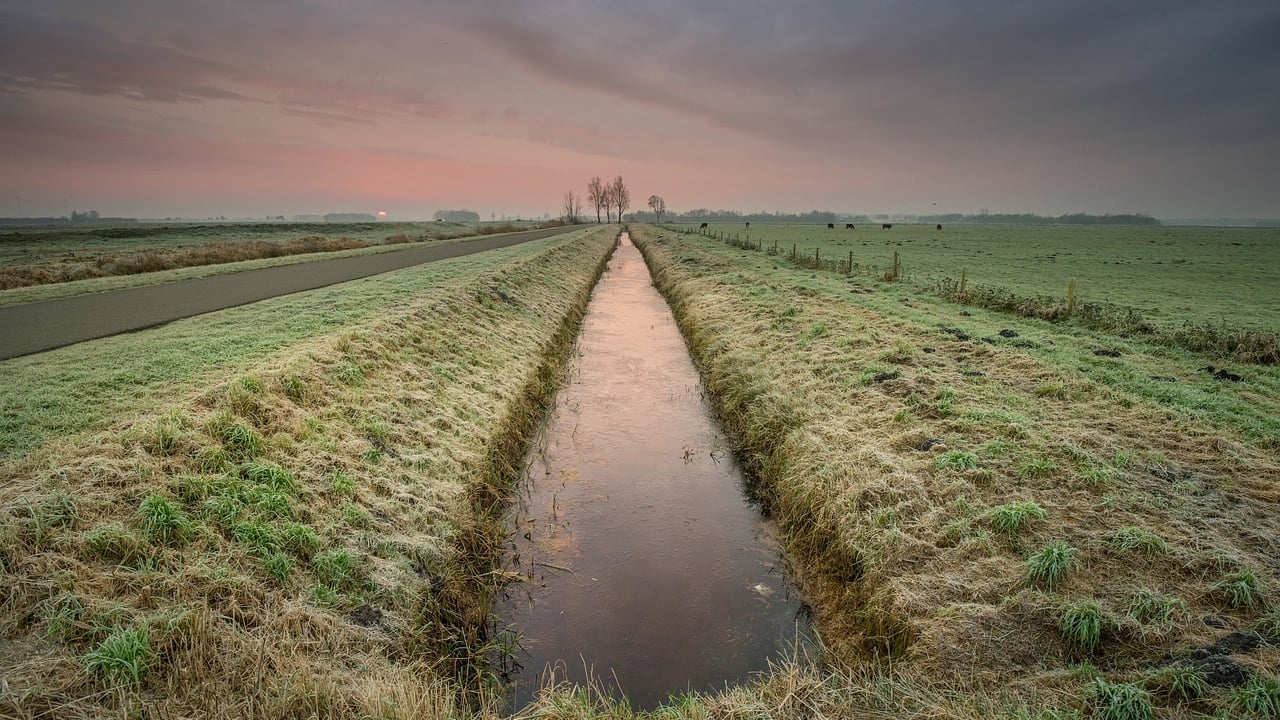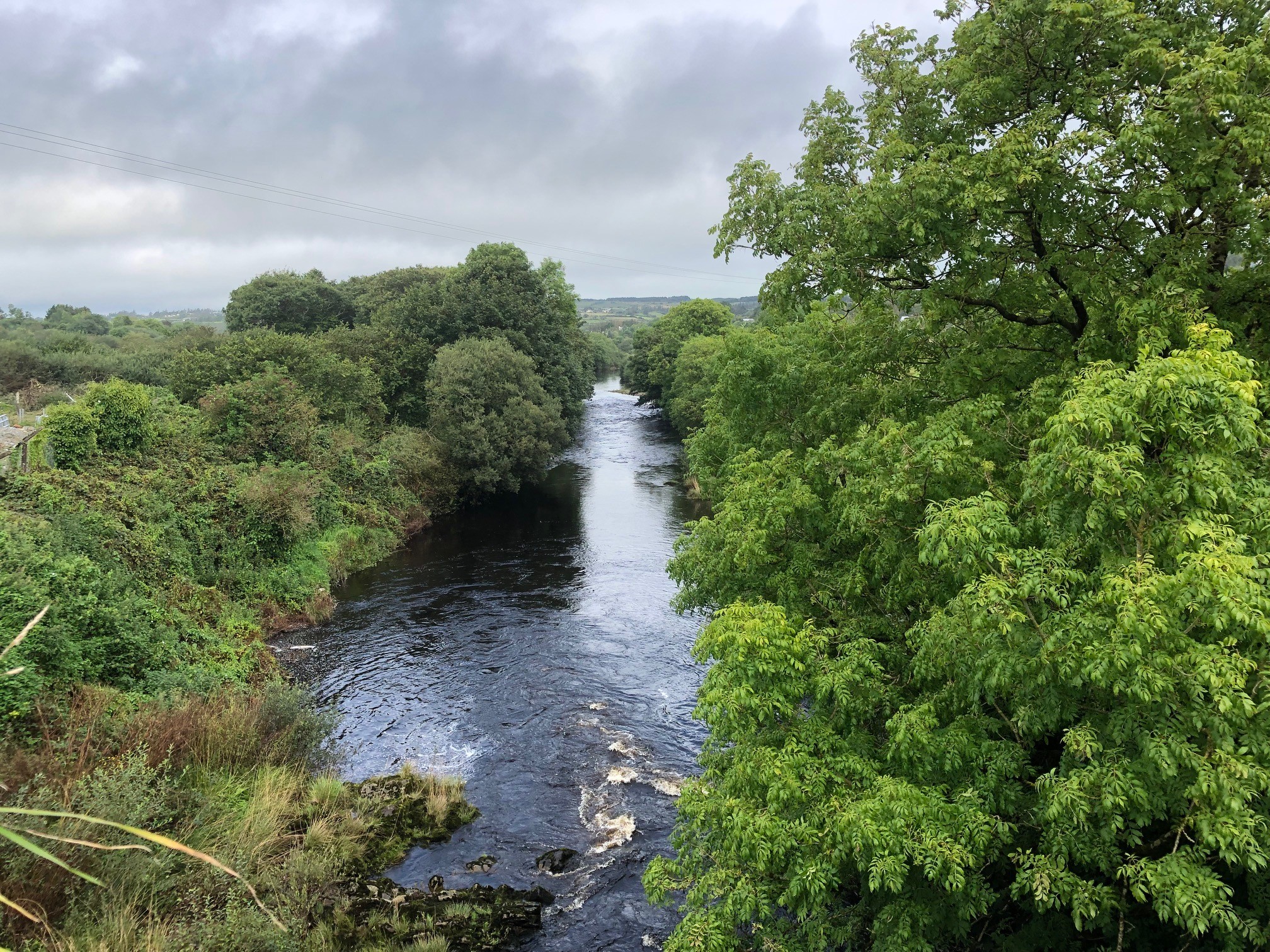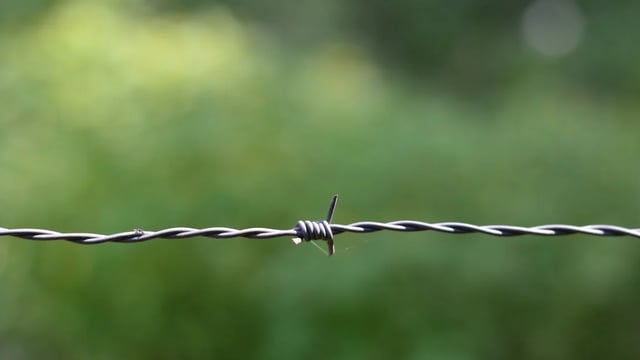Water Action Plan to include Arterial Drainage Act review
A new Water Action Plan brought forward by the Green Party seeks to review the Arterial Drainage Act under which several drainage schemes have been carried out on catchments since the late 1940s.
The review of the Arterial Drainage Act will be one of the "most significant" aspects of the plan and will "enable us to re-think our approach to flood management", according to the Green Party.
The Office of Public Works (OPW) carried out a number of Arterial Drainage Schemes on catchments under the Arterial Drainage Act, 1945, and is required to maintain drainage works in proper repair and effective condition.
Today, the OPW’s annual arterial drainage maintenance works programme provides drainage outfall for 260,000ha of agricultural lands and comprises 11,500km of river channel and approximately 800km of embankments.
These maintenance works are providing a level of protection from flooding to urban areas, critical infrastructure, including in excess of 20,000 properties, according to the OPW.
"Flooding has had devastating consequences for many people in recent years, impacting lives and livelihoods, as well as biodiversity and water quality.
"That’s why it’s so vital that we review the Arterial Drainage Act and make it fit for the 21st century," Minister for Nature at the Department of Housing, Local Government and Heritage, Malcolm Noonan said.
The Water Action Plan, formerly known as the River Basin Management Plan, aims to protect and improve Ireland’s rivers, lakes and coasts. The plan was approved by Cabinet yesterday (Wednesday, July 24), and will be published in September.
New measures in the plan will bring communities, non-governmental organisations (NGOs), farmers and industry together to "understand the challenges in their area and collaborate in solving them", the party said.
The measures will be implemented through local work plans developed through "structured public gatherings". The Water Action Plan sets out a comprehensive set of targets and will require regular progress reports.
The Green Party said a "strong focus" on compliance will be matched with the "necessary resources". This includes the continuation of "strategic investment" in wastewater infrastructure.
Local authorities will get more than 60 new enforcement staff to target inspections on 4,500 farms per year and the Department of Agriculture, Food and the Marine (DAFM) will undertake 500-1,000 inspections per year, the party said.
Ireland is experiencing a sustained decline in water quality, with half of our rivers, a third of our lakes and two thirds of our transitional waters classified as having "moderate", "poor" or "bad" status, the Green Party said.
The party's plan aims to reduce water pollution and improve the quality of over 300 waterbodies by 2027, and will be implemented with the support of local communities who are "most affected" by the quality of their local water.






